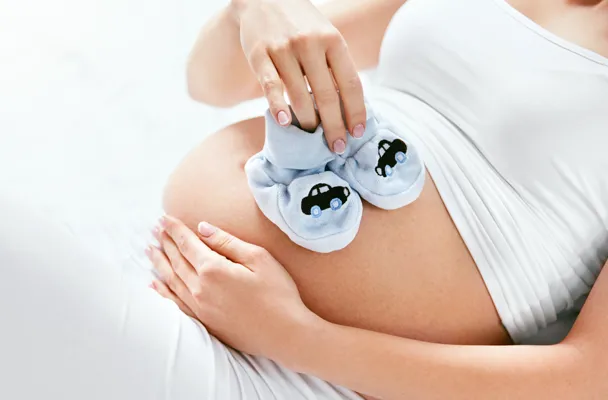Donor eggs offer a fertility treatment option for women facing challenges with egg quality. This reproductive approach involves using eggs from a donor to create embryos through in vitro fertilization (IVF). Understanding how donor eggs work, their success rates, and the factors that influence outcomes can help women make informed decisions about their fertility treatment options.
Understanding Donor Egg Treatment
Donor egg treatment involves several coordinated steps between the donor, recipient, and medical team. A donor, typically a woman between the ages of 21 and 30, undergoes ovarian stimulation to produce multiple eggs. Medical professionals retrieve these eggs through a minor surgical procedure and fertilize them with sperm from the recipient’s partner or a sperm donor. The resulting embryos develop in a laboratory setting for several days.
Medical professionals then transfer one or more embryos to the recipient’s uterus during a procedure called embryo transfer. Donors undergo comprehensive medical and psychological screening before participating in the program. This screening includes blood tests, genetic testing, medical history review, and psychological evaluation. The process helps identify healthy donors and reduces potential risks for recipients.
Improving Success Rates
Success rates for donor egg cycles typically exceed those of conventional IVF using a woman’s own eggs, particularly for women over 35. The success rate depends largely on the donor’s age and egg quality rather than the recipient’s age, which represents a significant advantage for older recipients. Fresh egg cycles generally show higher success rates than frozen egg cycles, though frozen egg technology continues to improve. Multiple factors influence success rates, including the fertility clinic’s expertise, laboratory quality, and the recipient’s overall health.
Recipients using donor eggs may achieve pregnancy rates similar to those of younger women using their own eggs. This occurs because donors are typically young and have undergone thorough health screening. The recipient’s uterine environment and overall health still play roles in successful pregnancy and delivery.
Identifying Treatment Success Factors
Several factors influence the success of this treatment. The donor’s age represents the most significant factor, as younger donors typically produce higher-quality eggs. Most fertility programs accept donors only up to age 30 to optimize outcomes.
The recipient’s uterine health affects implantation and pregnancy success. Medical professionals evaluate the uterine lining thickness and overall uterine environment before treatment. Some recipients may require hormone therapy to prepare the uterus for embryo transfer.
The fertility clinic’s experience and laboratory standards impact success rates. Clinics with established programs often achieve better outcomes due to refined protocols and experienced staff. Laboratory conditions for egg handling, fertilization, and embryo culture also influence treatment success. Genetic compatibility between donors and recipients may affect outcomes. Many programs conduct genetic screening to identify potential genetic disorders and match donors and recipients appropriately.
Find a Fertility Clinic
Women exploring this treatment benefit from comprehensive counseling about the process, success rates, and emotional aspects. This treatment involves significant time, financial investment, and emotional preparation. With proper medical care and realistic expectations, this fertility treatment can help women achieve their goal of building a family. Consult with a fertility specialist to see how a donor egg can help you reach your family goals.

